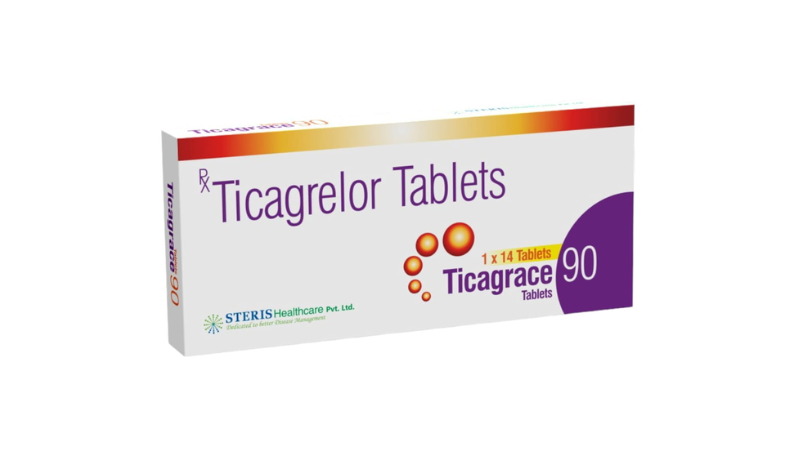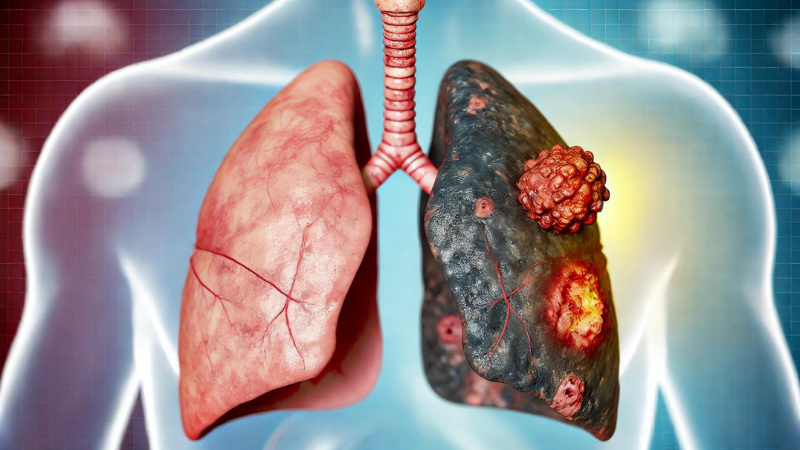Early Diagnosis of Lung Cancer: Why Timing is Critical for Treatment Success
Sep 26, 2024
Raising Awareness and Improving Outcomes: The Importance of Early Diagnosis and Treatment for Lung Cancer Patients
Lung cancer is one of the leading causes of cancer-related deaths globally. The key to improving outcomes and survival rates for patients lies in early diagnosis and prompt treatment. By catching lung cancer in its early stages, patients have a higher likelihood of benefiting from more effective and less invasive treatments, significantly improving their prognosis.
Understanding the Importance of Early Diagnosis
Early diagnosis is critical for lung cancer because symptoms often go unnoticed until the disease has progressed to an advanced stage. Common signs of lung cancer—such as persistent coughing, chest pain, shortness of breath, and unexplained weight loss—can easily be mistaken for less serious conditions. Unfortunately, this delay in recognizing symptoms leads many patients to seek medical attention only when the cancer has advanced, complicating treatment and reducing survival rates.
By raising awareness of these early signs and encouraging screening for high-risk individuals, the medical community can improve early detection. Low-dose computed tomography (LDCT) is a screening tool that has proven effective in detecting lung cancer at an earlier stage, especially in high-risk groups such as long-term smokers or individuals with a family history of the disease.
The Role of Early Treatment in Improving Outcomes
Once lung cancer is diagnosed, initiating treatment as early as possible is crucial. The standard treatments—surgery, radiation therapy, chemotherapy, and targeted therapies—are much more effective when the cancer is still localized. Early-stage lung cancer can often be treated with surgical resection, which can completely remove the tumor, resulting in significantly higher survival rates.
Moreover, targeted therapies and immunotherapy have shown promise in treating lung cancer by attacking cancer cells while sparing healthy tissues. These treatments are most effective when started early, giving patients a better chance of long-term survival.
The Importance of Public Awareness Campaigns
Public health campaigns focused on lung cancer awareness play a critical role in encouraging early diagnosis. These campaigns can educate people about the risk factors for lung cancer, such as smoking, exposure to radon gas, and occupational hazards like asbestos. They can also promote routine screenings for high-risk groups and inform individuals about the symptoms they should watch out for.
By promoting early diagnosis and treatment, public awareness campaigns can save lives. Non-smokers, too, should be aware that they are not immune to lung cancer, as up to 25% of lung cancer cases occur in individuals who have never smoked.
Challenges and Solutions in Lung Cancer Treatment
Despite advancements in technology and treatments, several challenges remain. Late-stage diagnosis, lack of access to proper care, and financial barriers can prevent patients from receiving timely treatment. Addressing these issues requires a coordinated effort between healthcare providers, policymakers, and patient advocacy groups.
Promoting affordable access to screening programs and ensuring that advanced treatment options are available to all patients, regardless of their financial situation, can significantly improve the overall outcomes for lung cancer patients.
Conclusion
Raising awareness about lung cancer and the importance of early diagnosis is essential for improving survival rates. Early detection through screening programs and initiating prompt treatment are the most effective ways to manage lung cancer and save lives. Public health campaigns and access to innovative treatments will continue to play a pivotal role in combating this deadly disease. Together, we can improve outcomes for lung cancer patients and move closer to a future where more lives are saved.
For more information on lung cancer treatments and related cardiology concerns, visit Steris Online.
Recent Post

Metoprolol Succinate Uses in Hindi | मेटोप्रोलोल सुक्सिनेट के फायदे और उपयोग

Rifaximin 400 mg Uses , Benefits & Dosage | Rifaximin Tablet Guide

Rifaximin 200 mg Tablet – Uses, Dosage, Benefits & Side Effects | RIFAXEMANIA 200

Top 20 Best Pharmaceutical Companies In India.

Rebamipide Alpha Lipoic Acid and Acetylcysteine Capsules: Triple Action Relief

Flupentixol and Melitracen Tablets Uses Explained – Boost Mood, Control Anxiety Naturally

Ticagrelor 90: Advance Heart Protection After Heart Attack or Angioplasty

Cefixime and Ofloxacin Tablet Uses, Dosage, Benefits & Side Effects Explained

N-acetyl Cysteine and Lactoferrin Tablets: Powerful Antioxidant and Immunity Booster.

Polmacoxib Capsules 2mg Uses , Benefits, Dosage & Side Effects | Complete Guide

